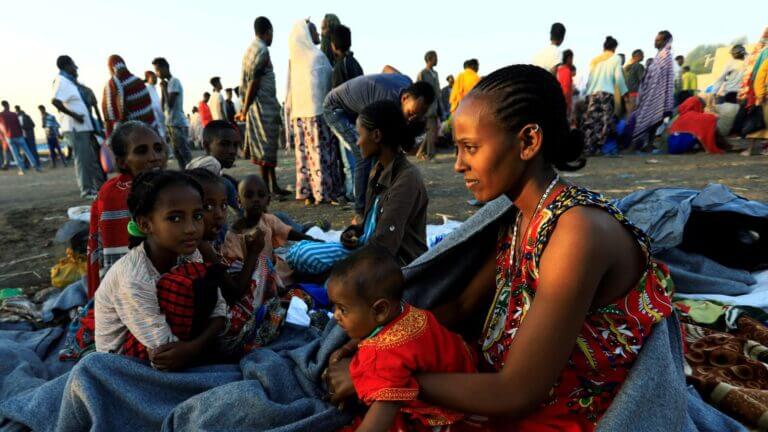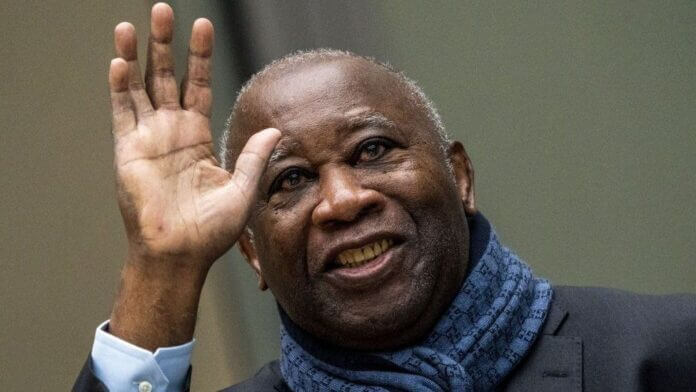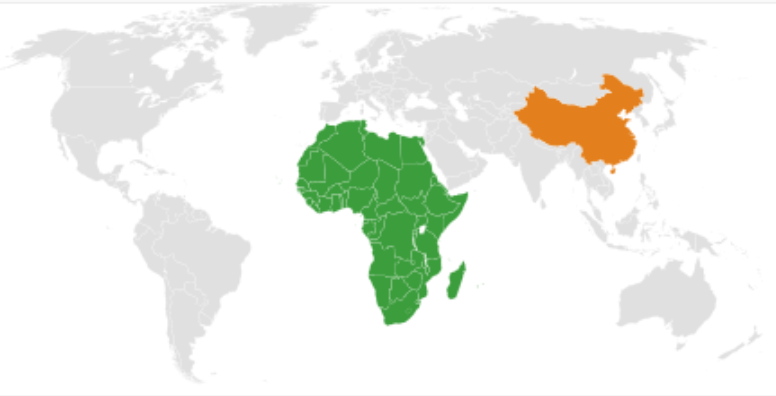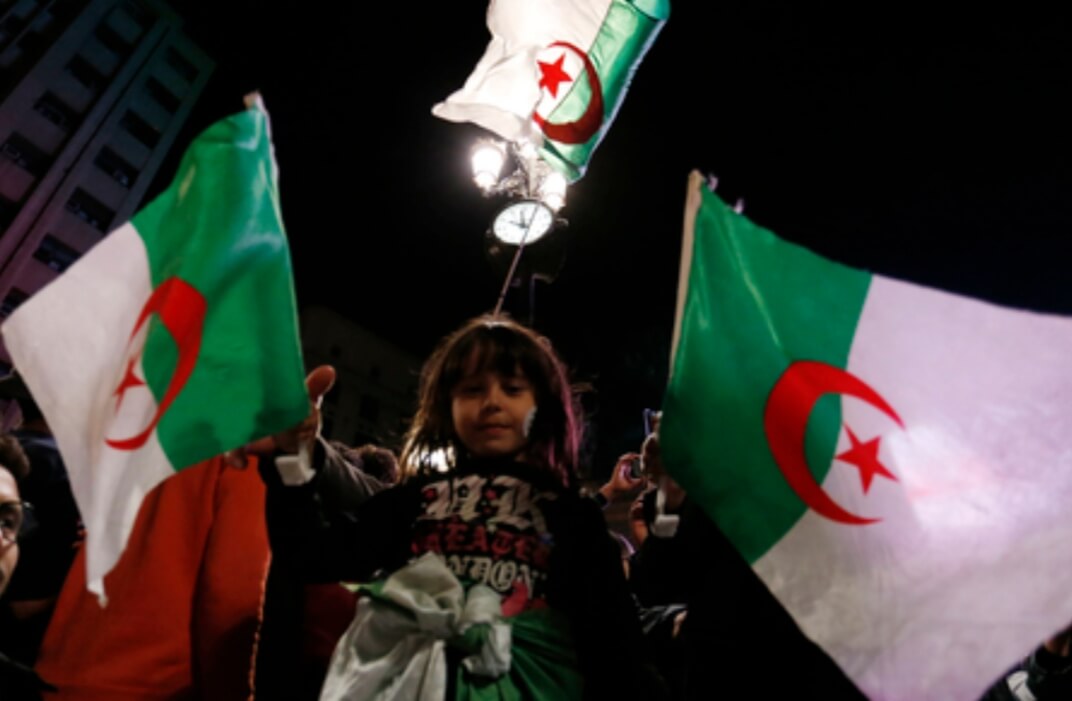HRW & Amnesty International Report ‘Ethnic Cleansing’ in Ethiopia’s Tigray

Human Rights Watch and Amnesty International have argued in a new study that widespread violations against people in Ethiopia’s troubled Tigray region amount to war crimes and crimes against humanity.
According to the rights groups, the atrocities were committed by security officers and civilian authorities from the nearby Amhara region, often “with the acquiescence and possible participation of Ethiopian federal forces.”
Hundreds of thousands of Tigrayans have been forced to flee their homes in a violent campaign of unlawful killings, sexual assaults, mass arbitrary detentions, livestock pillaging, and denial of humanitarian aid, according to the report, which is the result of a months-long investigation that included more than 400 interviews.
The Tigray war has been marred by many crimes, with Ethiopian government troops and their supporters, notably troops from neighboring Eritrea, bearing the brunt of the blame.
As the fighting moved into surrounding regions, fighters loyal to Tigray’s leaders’ party, the Tigray People’s Liberation Front, or TPLF, have been accused of human rights violations.
The abuses are “part of a widespread and systematic attack against the Tigrayan civilian population that amount to crimes against humanity as well as war crimes,” the report says.
Ethiopian federal authorities emphatically deny that they have targeted Tigrayans for violent attacks on purpose. They stated at the start of the war in November 2020 that their goal was to disarm Tigray’s rebellious leaders.
Read Also: Thousands flee into Uganda following clashes in DR Congo
However, requests for comment on the claims in the rights groups’ report were ignored by Ethiopian officials in Addis Ababa, the federal capital, and Amhara.
The attacks in western Tigray are described as “ethnic cleansing” by Human Rights Watch and Amnesty International, a term that refers to the displacement of a community from a territory by expulsions and other violence, which often includes massacres and rapes.
According to the article, public posters in numerous towns across western Tigray urged Tigrayans to leave, and local officials met to discuss preparations to deport Tigrayans. According to the allegation, pamphlets appeared to give Tigrayans an urgent deadline to leave or face death.
“They kept saying every night, ‘We will kill you … Go out of the area,’” said one woman from the town of Baeker, speaking of threats she faced from an Amhara militia group, according to the report.
Western Tigray has long been a battleground. According to Amhara authorities, the territory was under their jurisdiction until the TPLF-led federal government redrew internal boundaries in the 1990s, putting the territory under Tigray’s limits. When the battle broke out, Amhara officials moved quickly to seize control of the territory.
In March 2021, US Secretary of State Antony Blinken said that ethnic cleansing had occurred in western Tigray, making him the first high-ranking official in the international community to do so. Ethiopian authorities denounced the claim as totally unjustified and false judgment against the Ethiopian government.
The outbreak of the war “brought these longstanding and unaddressed grievances to the fore: Amhara regional forces, along with Ethiopian federal forces, seized these territories and displaced Tigrayan civilians in a brutal ethnic cleansing campaign,” the report says.
In June, Ethiopia’s government cut off Tigray’s access to practically all food aid, medical supplies, cash, and fuel. The conflict has spread to the Amhara and Afar regions, with Tigrayan leaders claiming that they are fighting to relieve the blockade and defend themselves against additional attacks.
Read Also: Ethiopia: 33,000 Tigray children risk death from hunger – UN
Faced with mounting international criticism, Ethiopian officials declared a humanitarian cease-fire in Tigray on March 24, claiming that it was vital to allow unhindered relief supplies into the region. Since then, trucks carrying food supplies have arrived in the area.
Last year, the Associated Press documented the first famine fatalities in Tigray as a result of the embargo, as well as the government’s ban on humanitarian workers carrying medicines into the country.
The battle has claimed the lives of tens of thousands of people. However, peace discussions are unlikely because Ethiopian authorities have outlawed the TPLF, thereby rendering its leaders wanted criminals.
The rights groups propose a neutral protection force in western Tigray, maybe with the deployment of an African Union-backed peacekeeping operation with a substantial civilian protection mandate, as one of their recommendations.
Their report also calls on the United Nations Security Council to impose an arms embargo on all parties involved in the conflict.
Source: AP
Abeeb Lekan Sodiq is a Managing Editor & Writer at theafricandream.net. He is as well a Graphics Designer and also known as Arakunrin Lekan.




